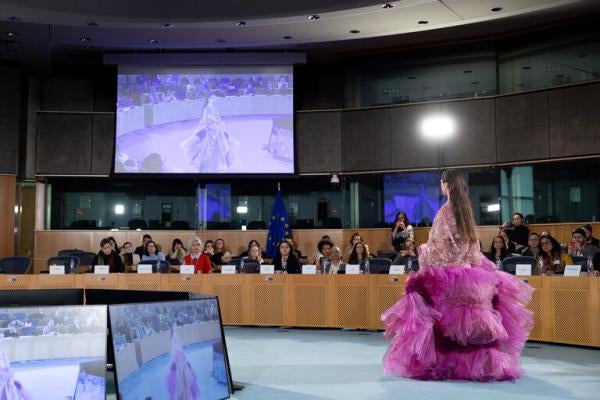Amnesty International launched its annual report yesterday, the organization’s regular assessment of human rights around the world. It holds some important lessons from 2022.
Now, some readers may wonder why I’m talking about Amnesty International’s work here. Aren’t they Human Rights Watch’s competition?
No, absolutely not, and I’d like to clear up that common misconception quickly here.
Amnesty International and Human Rights Watch work together on a thousand and one things. We conduct research together. We issue statements together, often with other organizations, as well. We even get kicked out of countries together.
Many of our staff have worked at both organizations – including our new Executive Director, Tirana Hassan – and that long, shared experience is only a benefit to both groups and the human rights movement globally.
So, getting back to the point: “Amnesty International Report 2022/23: The State of the World’s Human Rights” is an important new publication that deserves attention. More than 400 pages long, it has both country-by-country reporting and regional overviews.
But perhaps the most interesting part for me is the global analysis. Amnesty International has looked at the world and is highlighting some important trends. Specifically, it focuses on the “double standards throughout the world on human rights.”
Amnesty International’s annual report notes the contrast between the West’s robust response to Russia’s invasion of Ukraine and its “deplorable lack of meaningful action on grave violations by some of their allies including Israel, Saudi Arabia and Egypt.”
As you’d expect from two groups that often work together, this conclusion meshes well with Human Rights Watch’s own annual assessment in our World Report back in January.
The welcome global reaction to Russia’s war-crimes-fueled invasion of Ukraine in 2022, demonstrated what is possible on things like supporting justice efforts and boosting refugee protection. It showed the world can act when it wants to.
Now, as Amnesty International says, the world needs to address those double standards and act more consistently.
Because if you only care about human rights abuses when your enemies commit them, then you don't really care about human rights abuses, do you?






